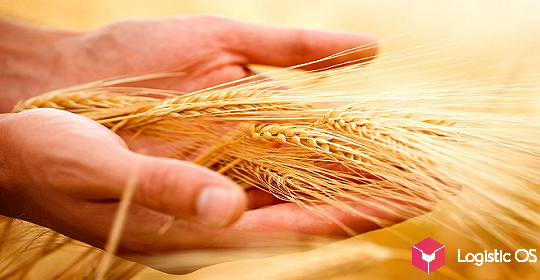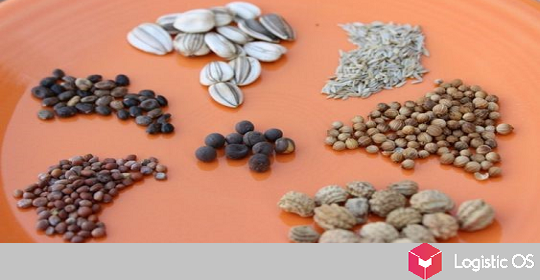Currently, the Russian government is thinking about tying the size of export duties not only to the dollar exchange rate, but also to world prices.
There is a chance that the government will take appropriate measures in the coming weeks.
The point here is to make the situation a little easier for exporters, who often lose all their profits and practically go into the red if world prices fall below certain values.
To correct this situation, the dependence of the duty amount on world prices for products can help. In this case, if prices are low, then you won’t have to pay any duty at all.
Let us recall that from October 1, export duties were introduced on a wide range of goods supplied abroad.
Moreover, the size of the duty depends primarily on the current dollar exchange rate.
If it is less than 80 rubles, then no duty is charged at all, otherwise it ranges from 4% to 7%, depending on how expensive the dollar is.
According to a number of experts, the main purpose of introducing such a measure may not even be to control the size of exports, but to encourage exporters to actively sell foreign currency earnings.
Such sales directly affect the ruble exchange rate; as a result, exporters have every opportunity to jointly weaken the dollar below 80 rubles and stop paying duties altogether.
How will duties be tied to world prices?
There are no details yet, but we can already talk about a number of possible problems.
For example, export prices for many goods are often based on the values set by the London Stock Exchange.
But in this case, the question arises: how advisable is it to rely on the decisions of such organizations from unfriendly countries.
Instead, a reorientation towards friendly countries is possible.
For example, gold can be assessed not by the London Stock Exchange benchmark, but by the data provided by the friendly Shanghai Stock Exchange.
At the same time, in order not to depend on anyone, you can create your own benchmarks, which will become a guideline for determining world prices. Including when calculating export duties.
For example, the Moscow Exchange is currently holding exchange auctions in order to set up-to-date benchmarks based on them.
True, exporters also have concerns here. If the calculation formulas are too complex, then the situation with duties will become even more confusing, they will become even less predictable, and therefore it will become more difficult for producers, including farmers, to predict future revenues and profits.

